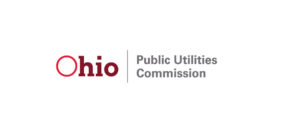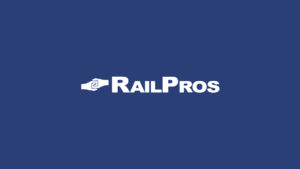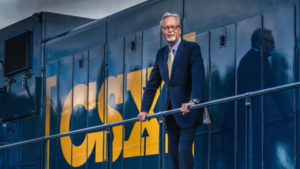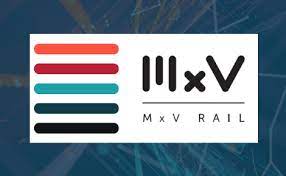LA Metro to hold meetings on Harbor Subdivision Transit Corridor project
Written by jroodLos Angeles Metro will hold five community meetings in October to update the community on the findings of the Alternative Analysis Study for the Harbor Subdivision Transit Corridor. The study, launched in September 2008, is examining potential transit service along the Metro-owned Harbor Subdivision.
The Harbor Subdivision is
a freight rail corridor, approximately 26 miles in length that traverses
southwest Los Angeles County from Vernon to Wilmington. It encompasses the
jurisdictions of Huntington Park, Vernon, City of Los Angeles, Hawthorne,
Inglewood, El Segundo, Lawndale, Torrance, Manhattan Beach, Redondo Beach,
Carson, portions of unincorporated Los Angeles County, Long Beach and the Port
areas of Los Angeles and Long Beach. In the early 1990s, Metro purchased the
portion of the corridor between Redondo Junction and Watson Yard, along with
several other rail rights-of-way, to further the development of the region’s
rapid transit system. Together with the planned Crenshaw Transit Corridor, the
Harbor Subdivision would establish a north-south transit link connecting the
downtown Los Angeles area to LAX and potential South Bay destinations.
The AA is evaluating a broad
range of alternatives including Bus Rapid Transit with dedicated bus lanes,
various types of rail technology such as Light Rail Transit, Commuter Rail and
Self Propelled Rail vehicles as well as the "no-build" and Transportation
Systems Management alternatives that could include improving existing bus
service, make signal improvements and improving bus amenities. Though
alternatives will generally follow the Harbor Subdivision corridor, potential
alignment and improvement options outside the immediate Harbor Subdivision
right-of-way are also being studied.
The study’s goals include
improving mobility in southwestern Los Angeles County by introducing reliable,
high-frequency transit service options, enhancing the regional transit network
by interconnecting existing and planned rapid transit lines, providing an
alternative mode of transportation for commuters currently using the congested
I-405 and I-110 corridors,
improving transit accessibility for residents of
underserved communities along the corridor and encouraging a mode shift to
transit, reducing air pollution and greenhouse gas emissions.
In the spring of 2009,
Metro held a series of public meetings to obtain feedback on four project
alternatives to be carried forward into more detailed technical analysis for
the duration of the AA study. Based on input received at those meetings and
more detailed evaluation, Metro will present the results of the AA study at the
community meetings. Metro also will present urban design concepts.
Content presented at each
meeting will be identical so the public can attend at the time and location
most convenient to them.





